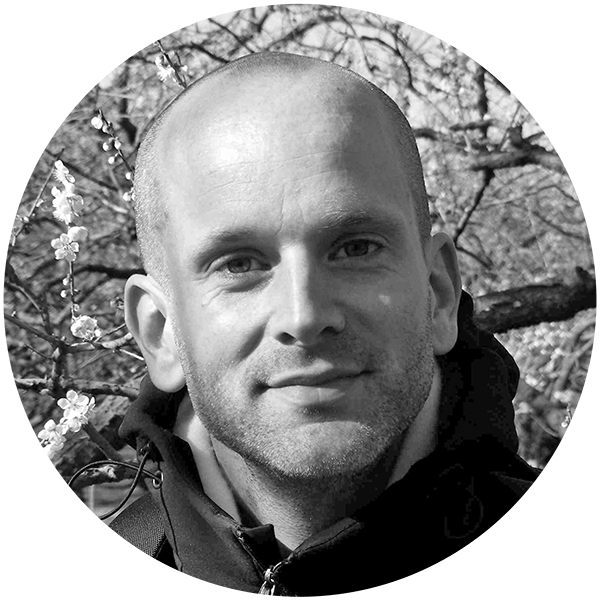Commercial Activity
"In computer security,
any bug is a potential security bug."
SOFTWARE PRODUCTS (WEBAPPS)
Science & Engineering Applications
Consumer (Self-Help) Applications
CONSULTANCY SERVICES
Cyber Workshops
(German,
French, etc.)
Computer-Assisted Personality Assessment
- Web-application development and hosting (SaaS)
- requirements engineering (including formal specification)
- trustworthy socio-technical systems design (Cyber- and ICT-security)
- Szondi-test diagnostics (personality assessment, experimental)
SOFTWARE PRODUCTS (WEB APPS)
Web Application Policy
free client-side pre- and post-processing • green Swiss hosting
no log-in • no lock-in • no fixed costs • no installation • no platform dependence
no unsolicited cookies • no device fingerprinting • server-side hash-only client data storage
"paper-thin" paywalls • pay per pdf (document preparation)
a computation rather than a storage cloud
Science & Engineering Applications
REx (β-release)
REx (Rule Extractor) is a logico-visual data analytics tool that extracts rules (implications) from tabular data or data that can be put in table form, and then visualises these rules as rule diagrams. It also provides a suite of pre- and post-processing algorithms as well as special-purpose modules.
Consulting Session
REx is a very general tool, and you might need some help with feeding your particular data to REx. Depending on your data, I could be interested in offering a special-purpose module for processing your type of data even more effectively.
Consumer (Self-Help) Applications
Deutsch •
English •
Español •
Français •
Italiano •
Português
(β-release: Chrome, Firefox, Opera, Safari)
Bookey
Journal-driven double-entry book-keeping for the World's small enterprises
MindPad
Mind-Mapping Notepad
Computer-Assisted
Personality Assessment
Philosophy of Assessment
needs diagnostics, not performance testing
a hypothesis, not a judgement
« Malgré le fait que je poursuis une démarche de développement personnel depuis plus de vingt ans, la passation du test de Szondi et l‘explication des résultats m‘a permis de mettre en exergue des facettes de moi-même que j‘avais sous-estimées, voire longtemps ignorées. Cela m‘a donc permis non seulement d‘en prendre conscience, mais également de voir comment les utiliser au mieux dans ma vie professionnelle et privée. J‘ai également pu comprendre certains mécanismes profonds qui régissent ma personnalité, ainsi que leurs causes. Simon Kramer s‘est montré extrêmement professionnel et diligent dans la conduite du processus. J‘ai particulièrement apprécié sa grande disponibilité, son enthousiasme et la connaissance approfondie de cet outil. Je le remercie chaleureusement de ce qu‘il m‘a apporté. »
Marie-Caroline Bertoldo
Diagnostic Session
The Szondi-test is a needs diagnostics rather than an IQ-test. The testee makes [ipsative] sympathy und antipathy choices of certain human portraits. These choices are interpreted as indications of certain needs of the testee, and are the basis for hypothetical inferences about the depth-psychological structure of the testee's needs (the human face as a mirror of the human soul). The test results can also be used for vocational counseling. [original literature, an English introduction, unofficial English translations, LinkedIn-group "The Szondi Forum", International Szondi Association]
My General Terms & Conditions in German, French, Italian, English, and Spanish:
